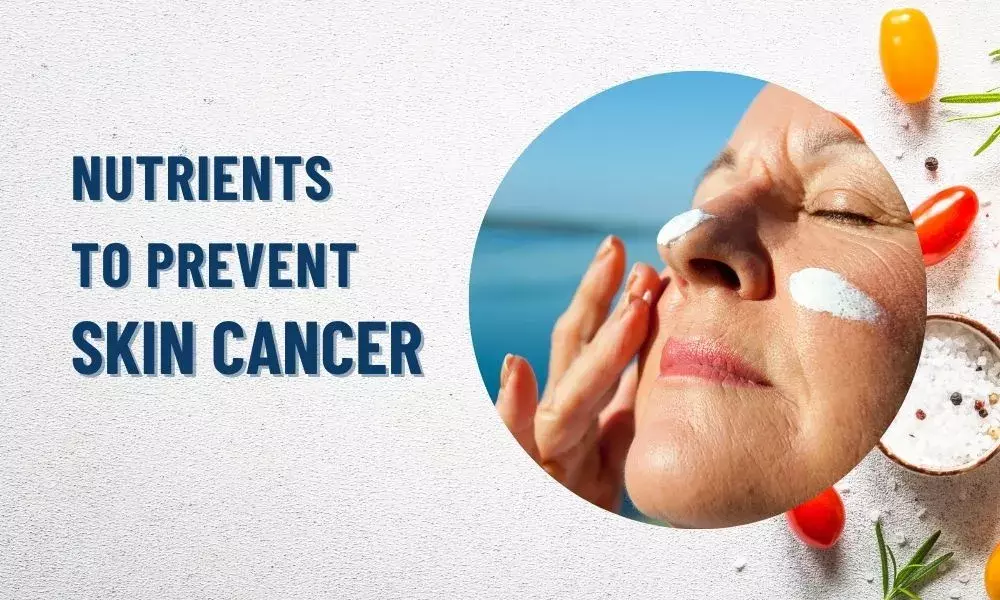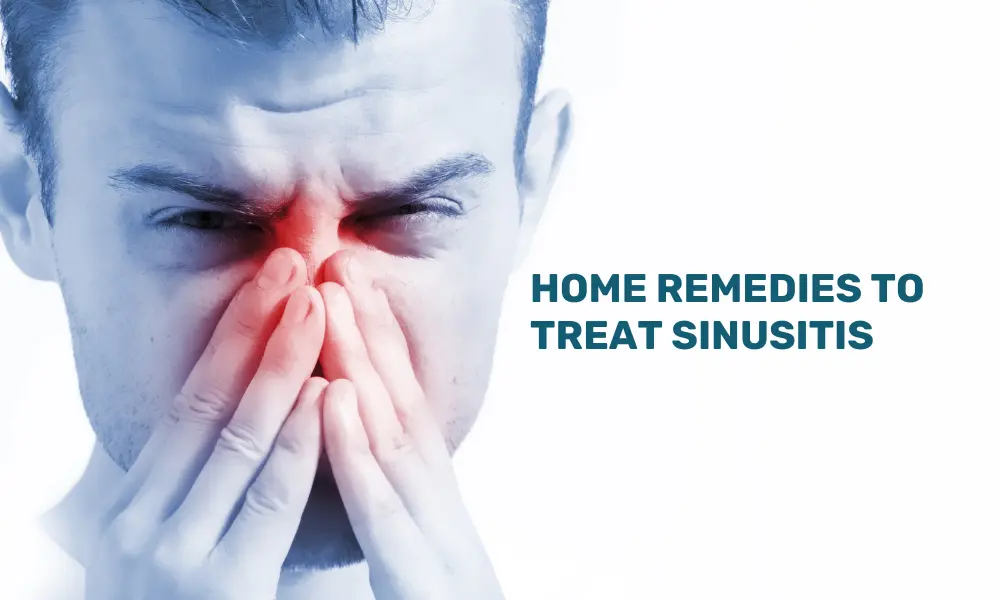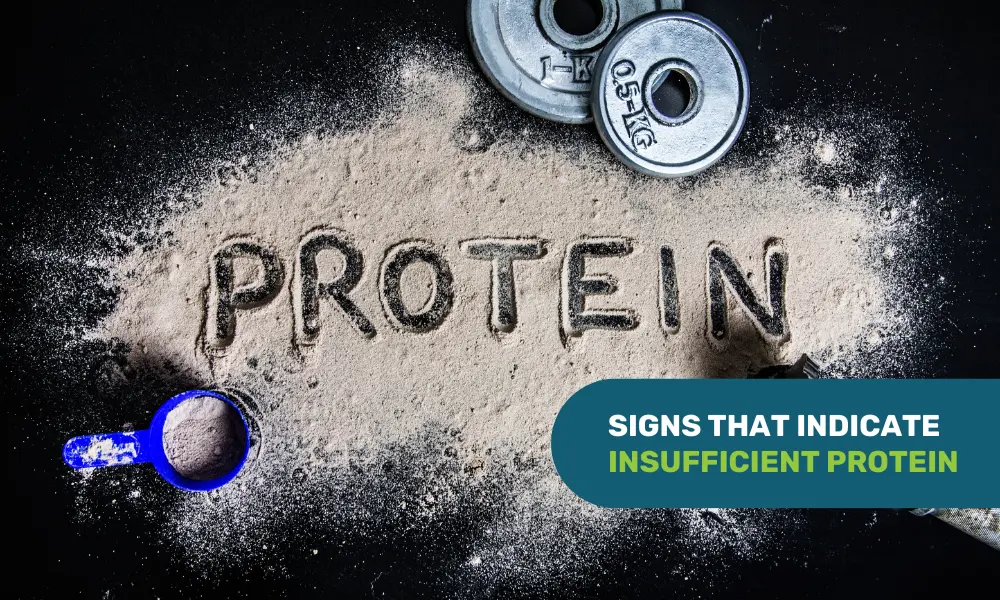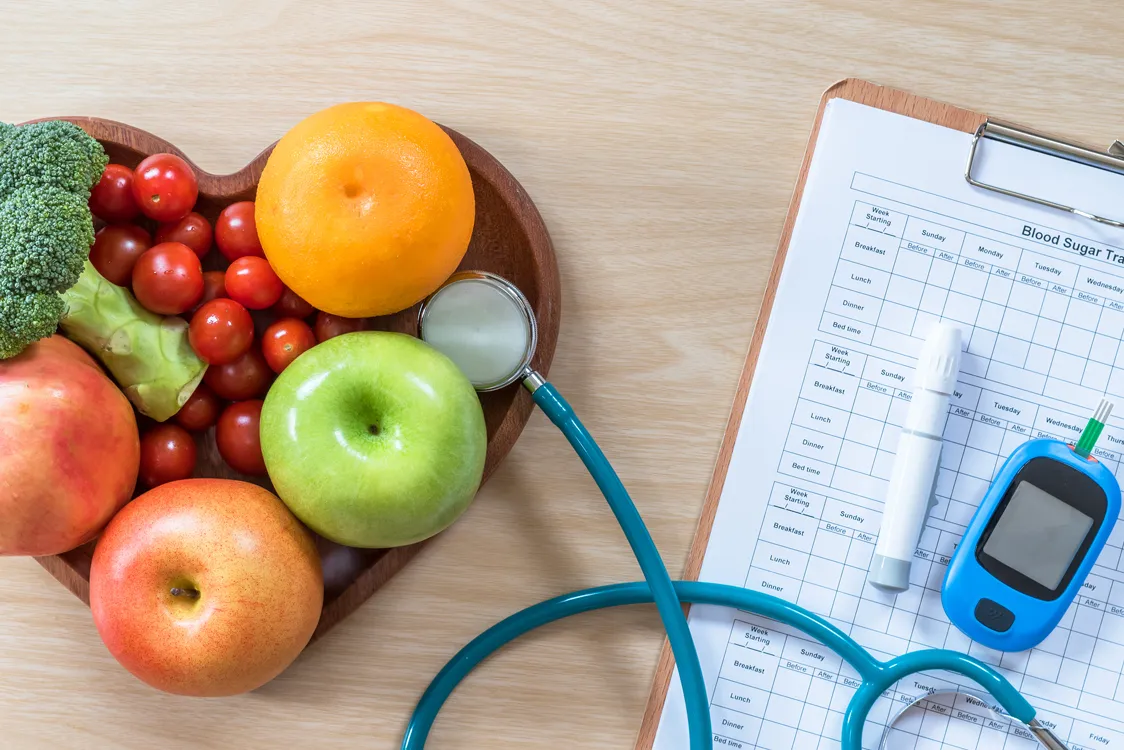Skin cancer is one of the most common types of cancer. It occurs when the cells in our skin grow abnormally. Early detection and prevention can help treat this cancer.
What is Skin Cancer?
Skin Cancer has two types – melanoma skin cancer and non-melanoma skin cancer.
Melanoma skin cancer is associated with melanoma. It forms in cells called melanocytes. Melanocytes produce melanin, a brown pigment that gives colour to our skin and protects against the sun’s damaging UV rays. Melanoma is a severe type of skin cancer that can spread to other areas of the body.
Non-melanoma skin cancers tend to develop primarily on skin exposed to the sun. This skin cancer type has a high cure rate. Most people only have minor surgery and don’t need further treatment.
Non-melanoma skin cancer includes:
-
Basal cell skin cancer – this is also called basal cell carcinoma (BCC)
-
Squamous cell skin cancer – this is also called squamous cell carcinoma (SCC)
Causes Of Skin Cancer
The primary factor that causes skin cancers is too much exposure to ultraviolet (UV) rays. UV rays from the sun may damage DNA in our skin, causing abnormal cells to form. These abnormal cells rapidly divide in a disorganized way, creating a mass of cancer cells. To lower the risk of skin cancer, one must protect the skin from UV rays and artificial sources like tanning beds and sunlamps.
Preventing Skin Cancer
-
One of the simplest ways to protect our skin from cancer is to limit our exposure to harmful light.
-
Keeping our skin covered and using sunscreen while going out in daylight is crucial.
-
Routine check-ups and self-awareness may play a vital role in prevention and detection.
-
Being aware of the warning signs, such as any new growth on the skin in the form of a mole or sore. And changes in a mole’s size, shape, or colour.
-
Increasing our consumption of foods rich in nutrients may help reduce the risk of skin cancer.
Essential nutrients that lower the risk of skin cancer
Here is a list of nutrients and their food sources that can aid in keeping skin healthy and reduce the risk of skin cancer.
-
Vitamin C – Strawberries, citrus fruits, raspberries, broccoli, bell peppers, and leafy greens.
-
Vitamin D – Milk, cheese, and vitamin D-fortified orange juice
-
Vitamin E – Almonds, peanuts, beet greens, collard greens, spinach, red bell pepper, sunflower seeds, pumpkin (also rich in beta-carotene), as well as safflower, soybean, sunflower, and wheat germ oil.
-
Beta-carotene – Vegetables like carrots, yams, cantaloupe, and fruits like oranges, mangoes, peaches, and apricots.
-
Lycopene – Red and pink foods like watermelon, papaya, guava, pink grapefruit, blood oranges, and tomatoes
-
Omega-3 fatty acids – Walnuts and flaxseed also contain high amounts of omega-3 fatty acids
-
Polyphenols – Freshly brewed black or green tea
-
Selenium – Brazil nuts, seafood, organ meats, chicken, and red meat
-
Zinc – Red meat, shellfish, poultry, baked beans, chickpeas, and nuts (such as cashews and almonds) — many breakfast foods are fortified with zinc
One must consult a nutritionist, who may design a customized meal plan depending on specific individual requirements.
Skin cancer can happen to anyone. What may seem like a harmless cosmetic imperfection on the skin can turn out to be a cancerous growth. Performing regular skin self-checks is essential for everyone. Increasing consumption of the foods mentioned above can help an individual to stay healthy, and these foods are far more effective than supplements alone.





